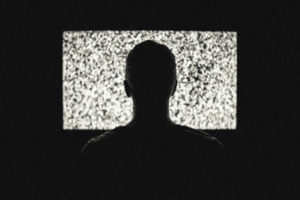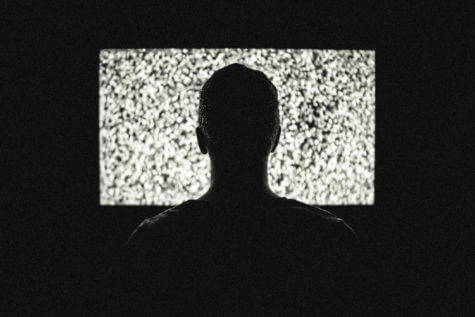ANN ARBOR, Mich. — New research revealed that binge-watching television leads to unhealthy sleep habits in young adults. The study is the first to explore the relationship between the popular way to catch oneself up to speed on a program and sleep quality.
Researchers from the University of Michigan and Leuven School for Mass Communication Research in Belgium surveyed 423 participants ages 18 to 25 for the study. About three quarters of the participants were students.

The survey questioned the individuals on their television-watching habits and how frequently they binge-watched shows, along with their sleep routine and quality. They were also assessed for levels of fatigue and any sleeping disorders they dealt with.
The researchers defined binge-watching as “watching multiple consecutive episodes of the same television show in one sitting on a screen, whether it be a television, laptop, computer or tablet.” They found that the average binge-watching session lasted 3 hours and 8 minutes.
It turns out that binge-watching is more popular than one might think. Eighty-one percent of the participants stated that they partaken in binge-watching a show. Of that group, about 40 percent binge-watched once in the month prior to the study. About 7 percent had binge-watched nearly every day during the month prior.
Those who identified as a binge-watcher reported more fatigue, less satisfying quality of sleep, and greater alertness just prior to their sleep. In fact, people who binge-watch were 98 percent more likely to suffer from poor sleep compared to those who don’t.
“We found that the more often young people binge-watch, the higher their cognitive pre-sleep arousal,” says lead author Liese Exelmans, a doctoral candidate in the School for Mass Communication Research at the University of Leuven, in a news release. “That in turn negatively affected sleep quality, fatigue and insomnia.”
By pre-arousal, Exelmans explains that the shows the individuals watch often end with cliff-hangers or some unfinished plot theme that leaves them wanting to continue watching, which can hamper their ability to fall asleep. They might be left with a racing heart or find themselves wide awake thinking about the program — and thus could even convince themselves to watch “just one more.”
“Bingeable TV shows have plots that keep the viewer tied to the screen,” says Exelmans in a UM news release. “We think they become intensely involved with the content, and may keep thinking about it when they want to go to sleep.”
Co-author Jan Van den Bulck, a professor in the Department of Communication Studies at the University of Michigan, suggests that following the plot of a television show for an extended period of time causes cognitive activity that takes time to ease away before healthy sleep is possible.
“Bingeable shows often have a complex narrative structure that makes viewers become completely immersed into the story,” explains Bulck. “This intense engagement with television content could require a longer period to ‘cool down’ before going to sleep, thus affecting sleep overall.”
The study’s findings were published in the Journal of Clinical Sleep Medicine.

Comments
Comments are closed.